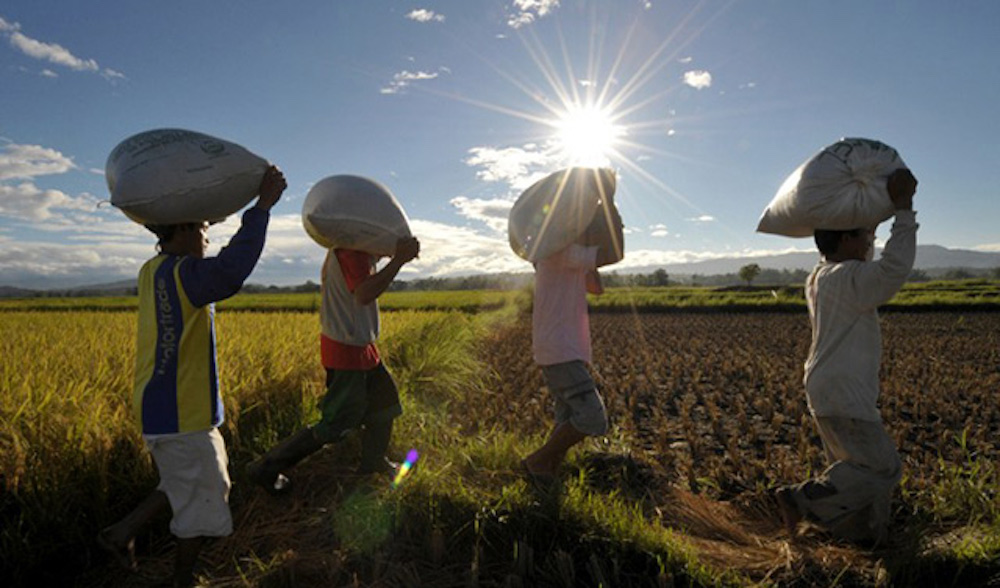NELLY CARRILLO WRITES — Food insecurity – as defined by the FAO, the inability to access nutritional and safe food that is essential to maintaining a healthy body and lifestyle-is nothing new to the Philippines. In a 2016 report, the United Nations Food and Agriculture Organization found that at least 44.9 million Filipinos went hungry. And with COVID-19, the FAO found that at least 59 million Filipinos were food insecure in 2020.
Now, Filipino farmers are struggling to maintain their crops because they must adhere to lockdowns. Workers have been unable to apply for jobs. As a result, a shortage in food supply has burdened the average consumer with an inflation rate that reached 6.2% in March 2020.
Filipino farmers have received aid from the government: Cash payments of 5,000 pesos ($100 USD) went to 600,000 rice farmers, but they were paid inconsistently and the amount was not enough to ease their pain. Farmers unable to sustain themselves were forced to seize production. The Philippine economy contracted by 10% due to a global recession and this health crisis. No wonder that, with the poorest Filipinos earning about three dollars a day, President Rodrigo Duerte is facing criticism for the lockdown protocols and insufficient aid.
Still, the pandemic alone is not to blame for the current crisis. The Filipino government has long failed in its responsibility to ensure the safety and well-being of its citizens in this regard. And so, recently they began to trend #DuerteResign.
Across the globe, we have witnessed stark contrasts between efficient and inefficient government responses to the pandemic. At present, the Association of Southeast Asian Nations (ASEAN) has over 60 million people who are undernourished or food insecure. The Philippines is only one example. The COVID-19 pandemic and government incompetency together-not the pandemic alone-have worsened the crisis.
Currently, the Philippines still maintains heavy lockdown guidelines. On June 30th, though, the government plans to ease restrictions based on the country’s progression. This action might improve circumstances but cannot be the sole solution to the grave problem of food insecurity.
The pandemic may be on the wane-but the problem of food insecurity in the Philippines is here to stay-until the government takes action to increase access to necessities essential for survival. It must implement policies that: provide farmers with consistent monetary aid, adjust prices on food staples or provide payments to citizens directly.
In the best-case scenario, the government would adopt multiple policies that directly benefit its citizens. These urgently needed policies could help ease the negative effects of the COVID-19 pandemic compounded with the country’s long history of food insecurity.


2 Replies to “THE PHILIPPINES: HUNGRY FOR POLICIES THAT ADDRESS FOOD INSECURITY”